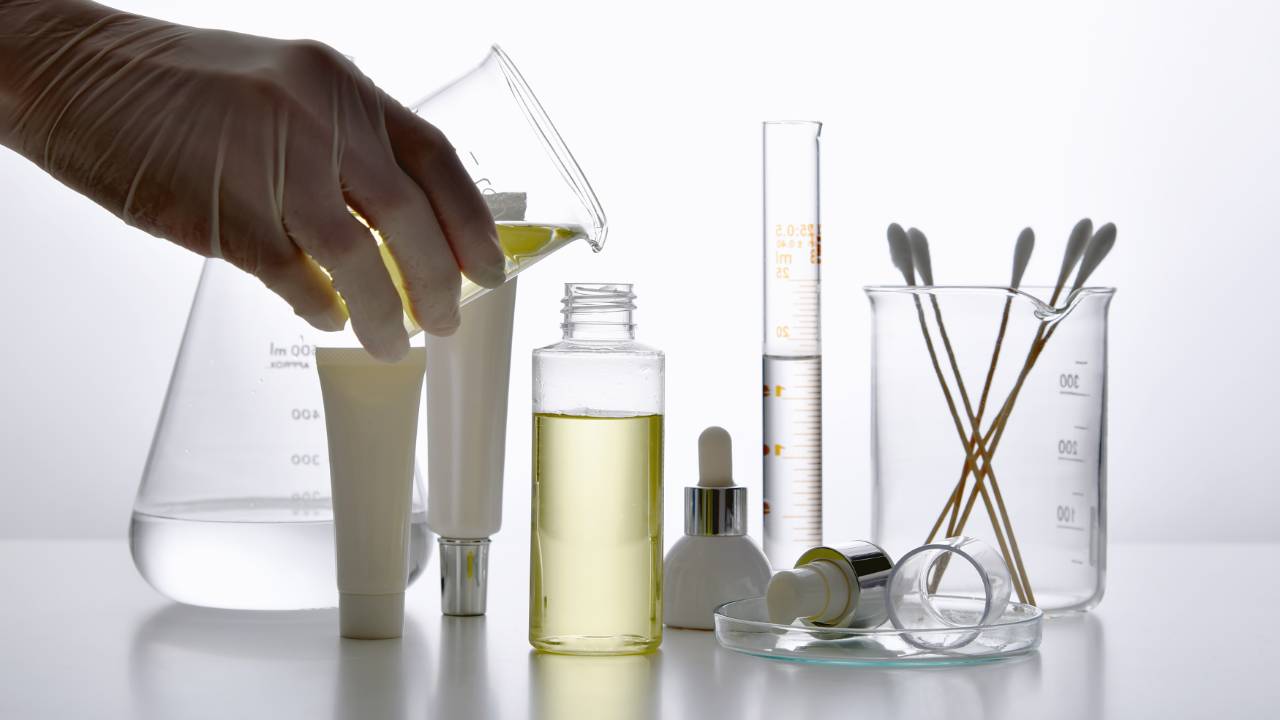Cosmetics recalls are an unfortunate reality that can negatively impact any business. The U.S. Food and Drug Administration is in charge of enforcing and monitoring recalls. There may have been a temporary lull in recall activity during the COVID-19 lockdowns, but it’s soon going to become the way of life, as the agency catches up on issues caused by the pandemic. It’s important to stay ahead of all things related to a cosmetics recall during a mock process to ensure it won’t interrupt your daily operations.
No matter how ethically you source your materials and treat your employees, you may one day be faced with a recall. It’s an expensive process that requires notifying customers, reporting to the government, and disposing of defective products. You don’t want your brand reputation to be harmed by your inability to conduct a recall.
Even bad PR created by a defective or unsafe product can be balanced out with an effective and efficient recall. That’s what Trievr offers – a single platform that enables and empowers your team to conduct the entire recall process from start to finish. Best of all, it’s easily scalable to accommodate multiple recalls and can be canceled with no hassle when no longer needed. That’s the beauty of an SaaS (software-as-a-solution) platform. Here’s what you need to know about complying with all federal reporting guidelines.
How Cosmetics Recalls Tarnish Your Beauty Brand
We’ve seen several brands fumble the recall process, and it’s ok to make mistakes. What’s important is that we learn from them, and thankfully you have the benefit of our experience working with other partners. Without naming names, we had a client approach us after a fumbled recall that started with the company’s inability to use the term “recall” itself.
Communication is the key to conducting a recall. As mentioned at the start, you’ll be communicating with internal stakeholders, customers, the general public, the government, and even the media in many cases. Coordinating this response requires transparency and clarity that keeps everybody on the same page moving together. It’s also a requirement for maintaining compliance and avoiding possible fines and other civil/criminal action.
On top of communication, you need to explain exactly what’s happening. It may be embarrassing to admit that your eyeliner is causing blindness, but lives can be seriously at stake here. It’s more important than your shame, so it’s critical to act with a sense of urgency and be up front with the risks and consequences involved. Cosmetic safety is a priority for everybody involved in the industry, and whether it’s your suppliers or your own company, you’re responsible for maintaining this safety.
So, what stringent testing procedures are in place at the FDA to ensure this safety?
How to Comply with FDA Testing and Recall Requirements
The FDA has clear testing guidelines in place for any products that it regulates. For example, hydrous products need to be rigorously challenge tested for stability and contamination protection before release to the consumer market. These tests check whether a product colonizes yeast, bacteria, or mold and ultimately determines its shelf-stable half-life. They also determine the product safety. After the initial testing is done, the agency continues to monitor products for recall.
If the FDA receives complaints about a product, the agency will issues a recall notice. You can also voluntarily issue a recall, but regardless of how it’s initiated, the recall must be performed the same. The FDA then moves to classify the recall by the degree of hazard posed to the public. This severity level will ultimately determine whether the agency issues a public recall notice. From this point, it’s vital you maintain contact with the agency to accurately report your recall responsiveness.
This includes halting all further sales, pulling retail samples and any microbial tests and other batch reports, and any and all records related to the product’s full supply chain. Distribution records, retailers, direct consumer sales, and other avenues need to be covered. You may also need to notify your insurance company to take care of any potential liability issues that may be covered. You’ll also be required to file periodic updates with the FDA. This is where Trievr comes in handy.
Getting Started with Your Mock Recall Today
When performing a mock recall, you’re stress testing your organization’s capability to manage a true product recall separate from your production environment. It’s all done in a training environment using real timelines and data but in a safe sandbox test environment. This repetition will ensure you find and document any problems in the recall process. Fixing glitches and miscommunications are key, and Trievr can help with a streamlined recall platform and easy-to-use templates.
Contact Trievr today to speak with one of our professional recall specialists about how we can help get you set up to run your first mock recall within minutes.
